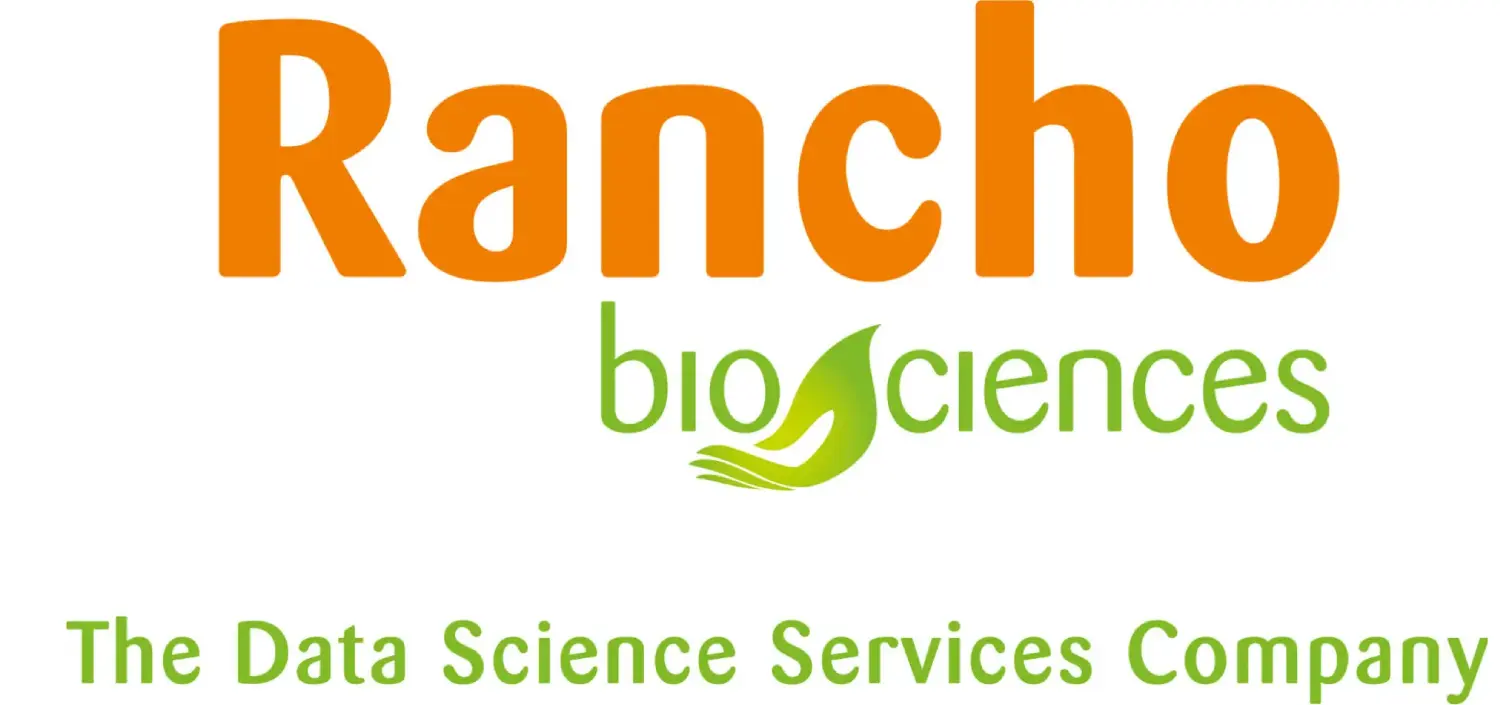Navigating the Realm of Bioinformatics Services
Within the dynamic realm of life sciences, bioinformatics assumes a pivotal role in unraveling the intricate language embedded in biological data. As scientists endeavor to unveil the secrets concealed within DNA, RNA, and proteins, bioinformatics services emerge as essential tools for the analysis, interpretation, and visualization of biological information. This article delves into the realm of bioinformatics services, examining their importance, applications, and the transformative impact they have on scientific exploration.
The Core of Bioinformatics
Bioinformatics, an interdisciplinary field integrating biology, computer science, and statistics, aims to distill meaningful insights from expansive and complex biological datasets. At its essence, bioinformatics endeavors to bridge the divide between raw biological data and actionable knowledge, encompassing a spectrum of applications such as genomics, transcriptomics, proteomics, and metabolomics, each contributing to a more profound comprehension of living organisms.
Encompassing a suite of tools, software, and analytical methods tailored for handling the complex intricacies of biological data, bioinformatics services life sciences are hosted on specialized platforms or provided by dedicated companies, offering researchers access to robust computational resources and expertise.
Key Components of Bioinformatics Services
- Sequence Analysis
- DNA sequencing – Assisting in processing and analyzing DNA sequencing data, facilitating tasks such as variant calling, structural variant analysis, and identification of genetic mutations
- RNA sequencing – Analyzing transcriptomic data to understand gene expression patterns, alternative splicing events, and non-coding RNA functionalities
- Structural Bioinformatics
- Predicting protein structures – Aiding in predicting three-dimensional protein structures, offering insights into their functions and interactions
- Drug discovery – Contributing to drug discovery through the analysis of molecular structures, predicting drug-target interactions, and identifying potential candidates
- Comparative Genomics
- Evolutionary analysis – Allowing researchers to compare genomes across different species, identifying evolutionary relationships and conserved regions
- Phylogenetics – Assisting in constructing phylogenetic trees, revealing the relatedness of organisms and their evolutionary history
- Functional Annotation
- Gene ontology analysis – Categorizing genes based on their molecular functions, cellular components, and biological processes
- Pathway analysis – Essential for deciphering the functional implications of genetic and molecular changes by understanding biological pathways and networks
Key Applications for Bioinformatics Services
- Biomedical research
- Accelerating genomic research – Expediting the analysis of large-scale genomic datasets, facilitating breakthroughs in understanding genetic contributions to diseases
- Precision medicine
- Personalized treatment plans – Identifying genetic variations influencing individual responses to medications, paving the way for personalized treatment strategies
- Agricultural genomics
- Crop improvement – Contributing to the identification of genes associated with desirable traits in crops, enabling the development of more productive and resilient varieties
- Environmental microbiology
- Microbial community analysis – Enabling the understanding of microbial community diversity and functions, aiding environmental studies and conservation efforts
Advantages of Using Bioinformatics Services
Bioinformatics services can benefit researchers and organizations in various ways, such as:
- Saving time and resources – Outsourcing bioinformatics tasks to experts can reduce the need for hiring, training, and maintaining in-house bioinformatics staff and infrastructure.
- Improving quality and reliability – Using bioinformatics services can ensure the use of state-of-the-art methods and tools that are validated and updated regularly.
- Enhancing collaboration and communication – Sharing bioinformatics results and insights with collaborators and stakeholders can facilitate data exchange and knowledge transfer.
- Advancing innovation and discovery – Applying bioinformatics services can enable new insights and hypotheses that can lead to novel discoveries and applications.
Choosing a Bioinformatics Services Provider
Bioinformatics services can vary in their scope, scale, cost, and quality. Therefore, it’s important to choose a bioinformatics service provider that meets your specific needs and expectations. Some factors to consider when selecting a bioinformatics service provider are:
- Expertise – The level of knowledge and experience of the bioinformatics staff in your field of interest
- Quality – The standards and procedures for ensuring the accuracy, reproducibility, and security of the bioinformatics results
- Communication – The frequency and mode of interaction between you and the bioinformatics staff throughout the project
- Flexibility – The ability to customize the bioinformatics service according to your requirements and preferences
- Delivery – The format, content, and timing of the bioinformatics deliverables
- Support – The availability and responsiveness of the bioinformatics staff for providing feedback, troubleshooting, and follow-up
In the age of vast data and advanced technologies, bioinformatics services emerge as essential tools for researchers and scientists. They not only assist in analyzing biological data but also promote collaboration and knowledge sharing throughout the scientific community. As the field of bioinformatics evolves, it holds the potential to unveil new layers of understanding about the complex nature of life, fueling progress and innovations in fields such as medicine, agriculture, and environmental sciences. The expedition into the biological code is still in its early stages, with bioinformatics services leading the way, guiding researchers toward revolutionary discoveries.
Rancho BioSciences can help you with all your data management and analysis needs. Our bioinformatics services and expertise can propel your projects to new heights. As a global leader in data curation, analysis, and visualization for life sciences and healthcare, we’re the experts you can rely on for expert biotech data solutions, bioinformatics services, data curation, AI/ML, flow cytometry services, and more. Don’t hesitate to reach out to us today and see how we can help you save lives through data.

